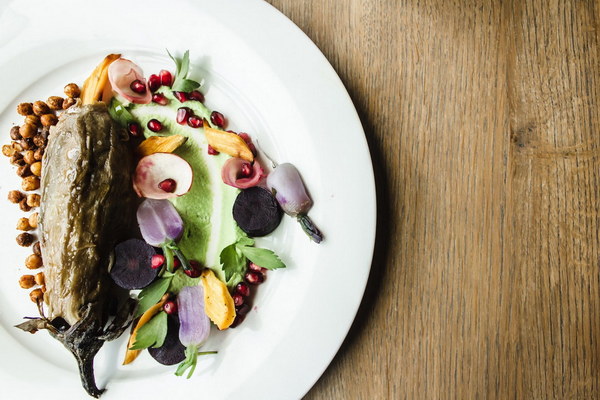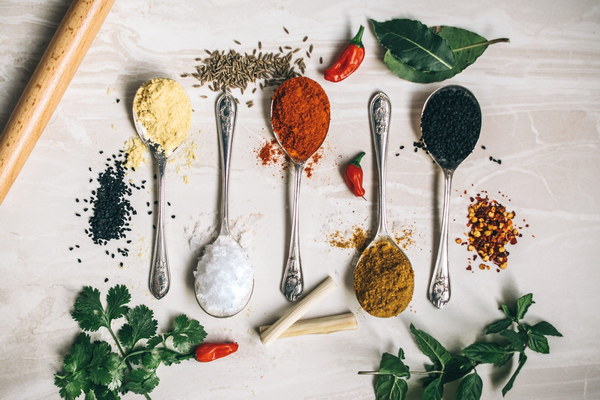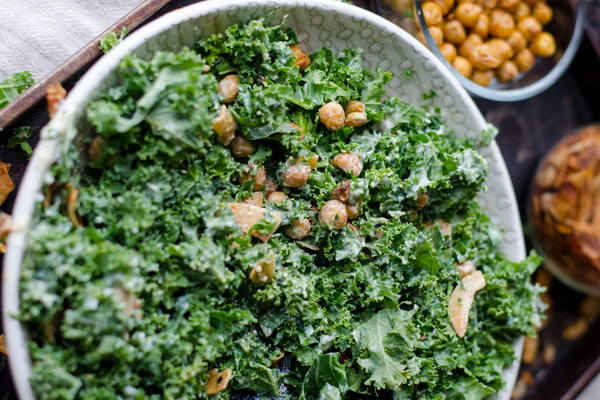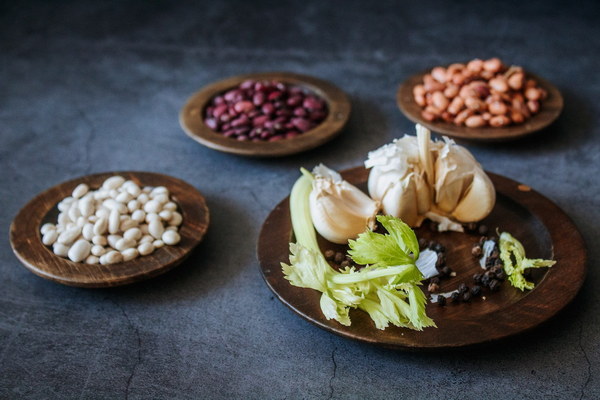Exploring the Art of Traditional Chinese Medicine in Anhui's Vocational College for Herbs and Food Therapy
Anhui's Vocational College for Herbs and Food Therapy stands as a beacon of traditional Chinese medicine (TCM) education, fostering a new generation of professionals in the field of herbal medicine and food therapy. This specialized program offers students a comprehensive understanding of TCM principles and practices, focusing on the unique culinary traditions of Anhui province.
The curriculum at this college is designed to provide students with a strong foundation in TCM theory, as well as hands-on experience in preparing and serving traditional Chinese herbal remedies and therapeutic foods. By combining the wisdom of ancient texts with modern scientific research, the program aims to create a harmonious balance between tradition and innovation.
One of the key aspects of Anhui's Vocational College for Herbs and Food Therapy is its emphasis on the local culinary heritage. Anhui is renowned for its diverse and rich culinary traditions, which have been passed down through generations. The college leverages this cultural richness by incorporating regional ingredients and recipes into its teaching and research.
Students at the college are exposed to a wide array of courses, including:
1. Introduction to Traditional Chinese Medicine: This course provides an overview of TCM history, philosophy, and diagnostic methods, giving students a solid foundation in the principles of this ancient practice.
2. Herbal Medicine: Students learn about the properties, uses, and preparation of various herbs commonly used in TCM. They also gain hands-on experience in identifying and harvesting local herbs.
3. Food Therapy: The program explores the role of food in promoting health and preventing disease. Students learn about the nutritional values of various foods and how to incorporate them into therapeutic diets.

4. Nutrition and Dietetics: This course delves into the science of nutrition, focusing on the impact of dietary choices on overall health. Students learn how to design personalized diets based on individual needs and health conditions.
5. Clinical Practice: Students have the opportunity to work under the supervision of experienced professionals in a clinical setting, providing them with practical experience in treating patients using TCM methods.
6. Research and Development: The college encourages students to engage in research projects aimed at expanding the knowledge and application of TCM in the field of herbs and food therapy.
Upon graduation, students are well-prepared to enter the workforce as qualified professionals in the field of herbal medicine and food therapy. They can find employment in various settings, such as:
1. Traditional Chinese medicine clinics: Working alongside licensed practitioners to provide patients with personalized herbal remedies and food therapy plans.
2. Health food stores: Assisting customers in selecting the right herbal products and dietary supplements to support their health goals.
3. Hospitals and healthcare facilities: Collaborating with medical professionals to develop and implement holistic treatment plans for patients.
4. Educational institutions: Teaching future generations about the principles and practices of TCM, herbs, and food therapy.
Anhui's Vocational College for Herbs and Food Therapy is committed to preserving and promoting the rich cultural heritage of traditional Chinese medicine. By equipping students with the knowledge and skills to excel in this field, the college is contributing to the ongoing development and advancement of TCM in modern society.









